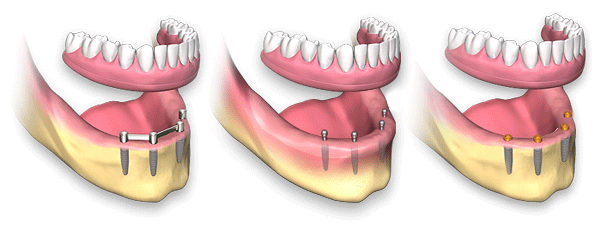Preventive dentistry is a control/treatment concept that starts with the first tooth in the mouth and lasts until the end of life.

Preventive Medicine in Childhood
Brushing teeth
Follow-up of tooth development
Using dental floss
Fluoride application
Control of bad habits (finger-tongue sucking, nail eating, etc.)
Orthodontic treatment
To gain proper eating habits
Fissure sealants
Impact protection (sports protectors)
It covers family cooperation issues.
Preserving existing teeth without caries causes the child to be better fed, speak clearly and ultimately affects his overall health, making him a happier child.
If the family and the physician can cooperate, manage to brush, floss, regulate their nutritional habits, use fluoride and perform routine checks, they will give the child good habits that will last a lifetime.
Preventive Medicine in Old Age
Generally, individuals over 60 do not know the concept of “advanced age preventive dentistry” because they have some stereotyped knowledge about dentistry.
In this age group, regular cleaning is necessary if teeth are present in the mouth.
Thus, as well as the prevention of caries and gum diseases, the sense of taste is also improved. In routine controls, fluoride must be applied.
Oral cancer examination is another important issue. If the conditions such as redness, bleeding, pain, and sensitivity to temperature changes started in daily chewing functions and lasted longer than two weeks, a physician’s control is necessary. Any cancer lesion can also occur in the toothless mouth.
Also, the dentures used by the patients should be cleaned and polished by the physician periodically.


